
The economy remains on shaky ground in Europe, but there is some silver lining for enterprise startups: those building tools to help businesses run their finances in more steady and predictable ways are seeing a boost to their business.
“We are now poised to take the AccountsIQ product and service to the next level,” said Tony Connolly, founder and CEO of AccountsIQ, in a statement.
Thus, the prosaic accounting startup continues to get attention.
(AccountsIQ and its primary investor for this round, Axiom Equity, are not disclosing its valuation.)
In contrast, Cran says that AccountsIQ positions itself as the platform that businesses will move to as they scale up.

Despite having 47 IPOs, 28 M&As and 58 FDA-approved drugs under its belt, the 13-year-old multi-stage healthcare and life sciences firm took two years to raise its sixth fund.
On Wednesday, Foresite announced that it closed its sixth fund with $900 million.
Last summer, Foresite co-led a $115 million Series F into CG Oncology, a drug discovery company that had a successful IPO listing in January.
Foresite intends to back about 20 companies from its sixth fund, writing checks from a couple of million up to $75 million.
“Over a decade ago, we named the firm Foresite because we thought we had an idea of where healthcare was headed,” Tananbaum said.
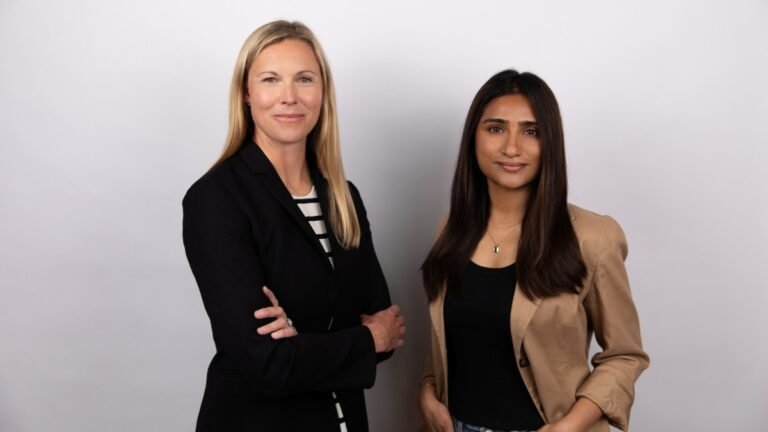
The financial reporting and auditing process is not often on the list of sexy topics that technology startups want to go after.
After years of performing reporting and auditing work for companies like Miro, Autodesk, Dropbox, Flexport and Yelp, Mary Antony and Kelsey Gootnick decided reporting and auditing needed some technology love, too.
So they started San Francisco-based InScope in 2023, leveraging machine learning and large language models to provide financial reporting and auditing processes for mid-market and enterprises.
We make it possible for our customers to have effortless, but accurate and reliable financial statements every time.”InScope’s financial report drafting tool.
So much so that they could be customers, Gootnick said.
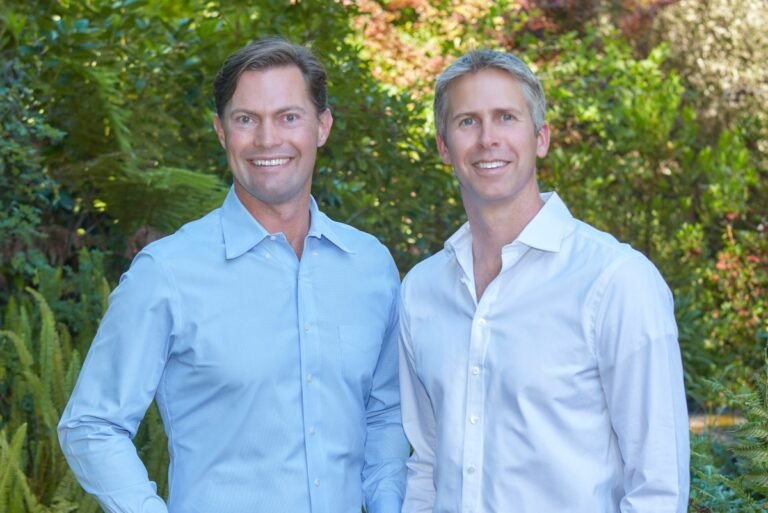
When they first met in 2007, the now brothers-in-law bonded over their passion for venture capital, eventually leading them to invest together from their personal capital.
By 2020, Anderson and Fogelsong decided to take their investing relationship to the next level by launching their first fund with external capital.
That fund, which the firm considers its second vehicle, closed at $91.5 million, well above its initial target of $60 million.
So,they named their firm “Friends & Family Capital” to capture that spirit, their own family connection, and Fogelsong’s roots in a prominent Silicon Valley VC family.
Like its previous fund, Friends & Family’s third fund will be used to invest in “classic B2B enterprise software” companies and hardware businesses with recurring revenue components.
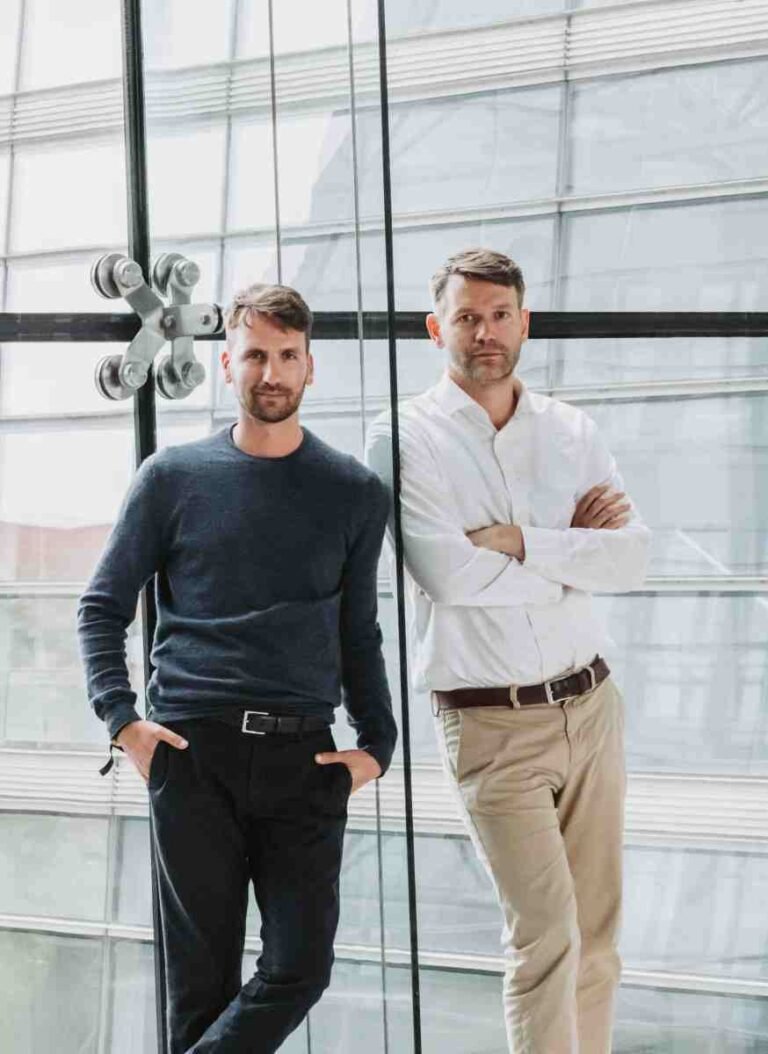
That’s according to Jonathan Sanders, CEO and co-founder of fledgling Danish startup Light, which exits stealth Wednesday with $13 million in a seed round of funding led by European VC giant Atomico.
The Copenhagen-based startup is reimagining general ledger software from the ground up, replete with AI to cleanse transactional data, while also enabling finance teams to ask plain-English questions and receive straightforward answers from their data.
Enterprise resource planning (ERP) software is king, packing support for CRM (customer relationship management), HR (human resources), project management, and perhaps the most crucial component of all, the general ledger.
And it’s this element of the ERP that Light is focused on dragging into the modern digital era, where AI increasingly rules the roost.
“Our mission is to be the first automated ledger for global companies,” Sanders told TechCrunch.
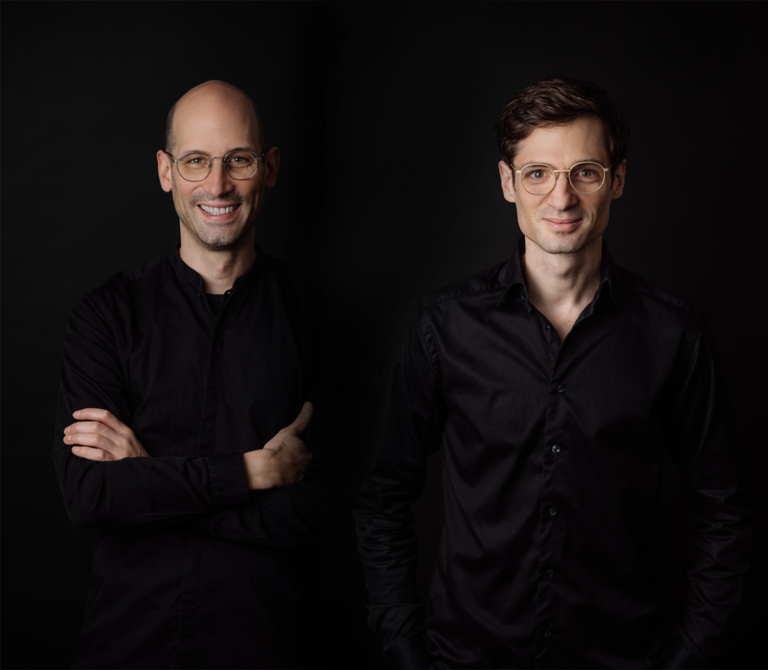
Tech sovereignty has become a looming priority for a number of nations these days, and now a startup working in semiconductors has received a major boost in aid of that effort for Germany and Europe.
The sum is one of the largest to date raised by a European startup working in semiconductors.
Black is a spin-out from the University of Aachen co-founded by brothers Daniel and Sebastian Schall (respectively the CEO and CFO).
The funding, a Series A, is important not just for its size but also because of the intention behind it.
Porsche Ventures and Project A Ventures are co-leads, with participation from Scania Growth, Capnamic, Tech Vision Fonds, and NRW.BANK.

Fresh off the success of its first mission, satellite manufacturer Apex has closed $95 million in new capital to scale its operations.
The Los Angeles-based startup successfully launched and commissioned its first spacecraft, a model called Aries, in March.
The company is on track to manufacture five Aries this year alone, Apex CEO and co-founder Ian Cinnamon told TechCrunch.
Apex was founded on the thesis that the one of the main bottlenecks facing the growth of the space industry was satellite bus manufacturing.
The company is approaching fifty people and that number is likely to double by the end of this year.
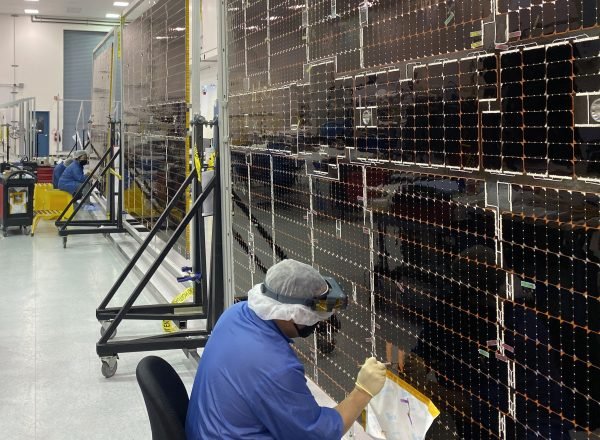
The funding, which would go to Rocket Lab subsidiary SolAero Technologies, would help increase the company’s compound semiconductor production by 50% within the next three years.
The funding would help the company build out its Albuquerque-based facilities and create more than 100 direct manufacturing jobs, Rocket Lab said in a statement.
Rocket Lab acquired SolAero, which operates a ~115,000-square-foot manufacturing facility, in 2022 for $80 million.
The company is one of just two in the United States that specializes in the production of space-grade, radiation-resistant compound semiconductors, or space-grade solar cells.
SolAero is highly vertically integrated: In addition to the solar cells, the firm also manufactures solar panels and power modules.

Crunchbase is expanding the scope of its tagging options in Europe to start tracking how much venture capital funding goes to minority founders on the continent.
Diversity Spotlight is a feature on Crunchbase that lets companies add tags to their profiles to label themselves.
Crunchbase is now making this feature available in Europe.
Crunchbase initially launched the Diversity Spotlight feature in 2020, and last year expanded it to add an LGBTQ+ tag.
Women globally, meanwhile, typically receive less than 2% of venture capital funding across the world.

Traffic is down, newsrooms are undergoing layoffs, and publishers fear that AI technologies will only make matters worse.
Entering the fray, news reader startup Particle is teaming up with publishers to seek out a new business model for the AI era, where AI summaries of news don’t have to mean lost revenues.
Now, the company is bringing its first publishing partners into the mix to help it guide its next steps.
As a start, Particle now subscribes to Reuters newswire to help it deliver information about current events in the news.
What Particle isn’t yet ready to reveal is its business model.













